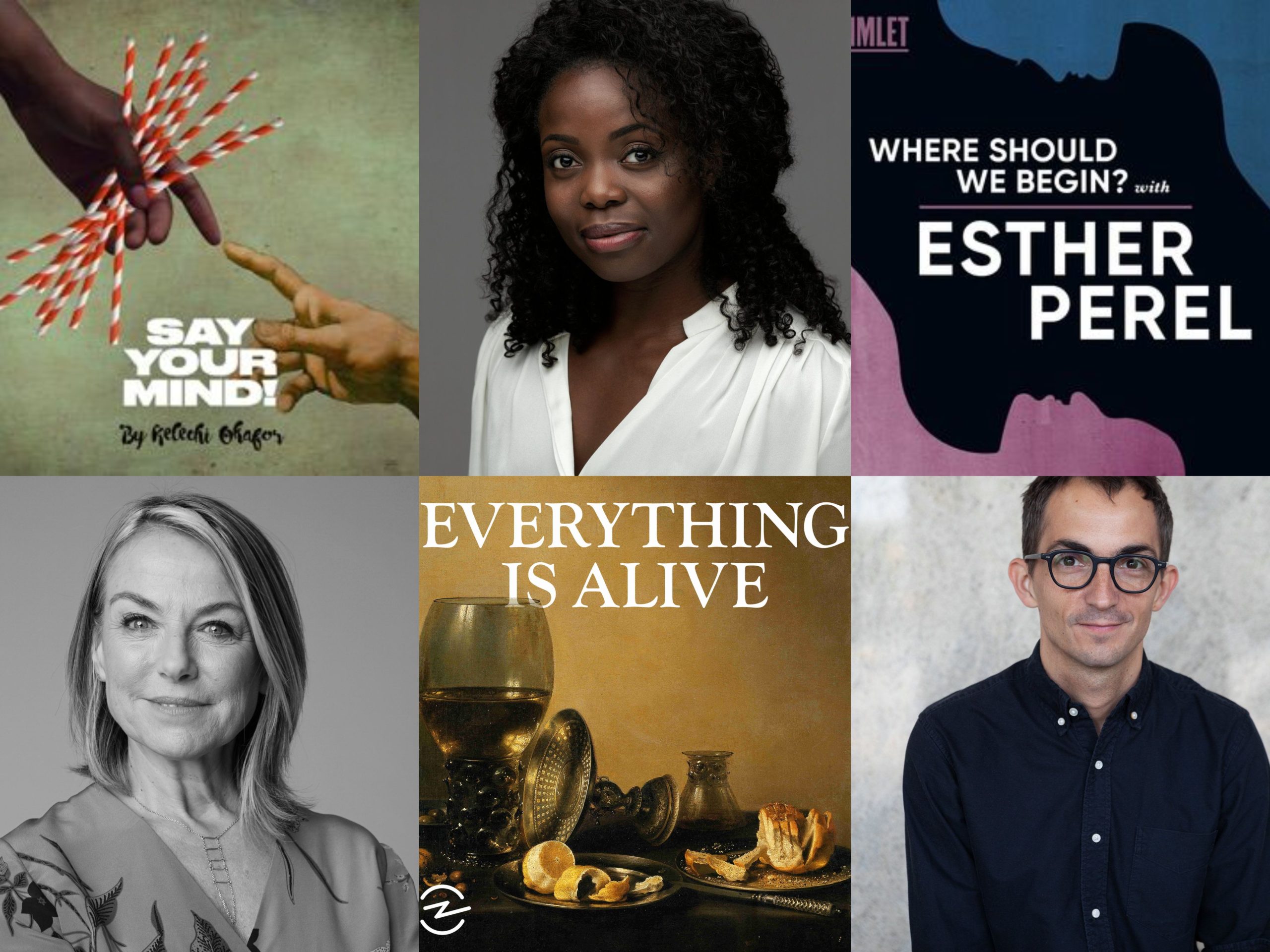As we head into another week of the national lockdown, you might be looking for something other than a screen to keep you entertained, and Arts and Culture writer Harriet Purbrick has got you covered with a list of their go-to podcasts.
Everything is Alive, Ian Chillag

When I was a toddler I remember asking my mum what it felt like to be a book. “It doesn’t feel like anything,” she replied, “books don’t have thoughts or feelings, they just are.” Perhaps I would have got a more satisfying answer if I’d asked Ian Chillag, host of Everything Is Alive, who interviews an inanimate object in each episode, as played by an improv actor. (To disappoint my younger self he is yet to have interviewed a book.)
Of all the objects interviewed so far, only one, a grain of sand, is naturally occurring. The rest are man-made; their lives have been determined by humans, for humans. The podcast explores how it feels to have this lack of agency. How does a pregnancy test feel about its destiny to be peed on? Trauma is a common theme of the objects’ lives. In scenes resembling a victim in a true crime podcast retelling a traumatic experience, a Russian doll describes the time she was swallowed by a child and had to wait to be ‘passed.’ A dark, surrealist strain of comedy runs through the podcast at these points, offering respite from the horrors of a reality in which every object we use, and likely from the objects’ perspective, abuse, is as alive as we are.
The podcast explores not just the objects’ experiences, but also how their experiences inform their understanding of the world. A newspaper asks Chillag where his ‘fold’ is – is what’s above his ‘fold’ is more important than what’s below? A paper towel dispenser comes up with a new creation theory. Everything comes from a higher dispenser, there’s a dispenser for each object as well as a dispenser for space and time. These moments are comedically brilliant, a sweet, naive sort of funny; it’s a completely fresh perspective on the world that we only otherwise hear from, say, toddlers.
This podcast is worth listening to if only to hear some of the best improvisation out there. Aside from a short phone call between Chillag and the actor to come up with some ideas ahead of the interview, the dialogue is completely improvised. And in the aforementioned doll episode, which features three Russian dolls played by three improv actors respectively, improv really comes to life as an artistic craft as the actors bounce off each other to gradually flesh out their surprisingly complex characters.
I always end my day with a podcast and this one is undoubtedly the most soporific; oftentimes the producers deliberately engage, or rather disengage their sleepy audience, transporting the listener to a dreamlike landscape where inanimate objects come to life.
Where Should We Begin, Esther Perel

An intimate insight into broken relationships. In a one-off counselling session psychotherapist, Esther Perel works with couples in an attempt to unpick how things went wrong. This podcast is not the feel-good type. It’s not from the friendly banter podcast format and you won’t emerge from it feeling like you’re personally friends with the hosts. Sometimes it’s despairingly sad. As Perel dives into the past to find answers, traumatic childhoods including abuse are not uncommon. But with sadness comes understanding and often gratitude. And in every episode, no matter how broken the relationship is, there is always laughter, there is always a connection.
Say Your Mind, Kelechi Okafor

Kicking off each episode with an appearance from ‘Sally from HR’ Kelechi Okafor shares her novel takes on the going-ons in the world (with a healthy dose of astrology). As the title suggests, Okafor dishes out her raw and honest opinions, occasionally with a guest star – most recently, the great film director Steve McQueen. It’s the sort of podcast that tricks you into thinking that millions of people would also find your stream of consciousness entertaining and thought-provoking until you have a go recording yourself and realise how hard it is to even string a sentence together. And as a Black-British woman, Okafor is giving a voice to the many who have been overlooked in an industry notoriously dominated by white men.
All these podcasts are available for free on Spotify, Apple Podcasts and Google Podcasts.

